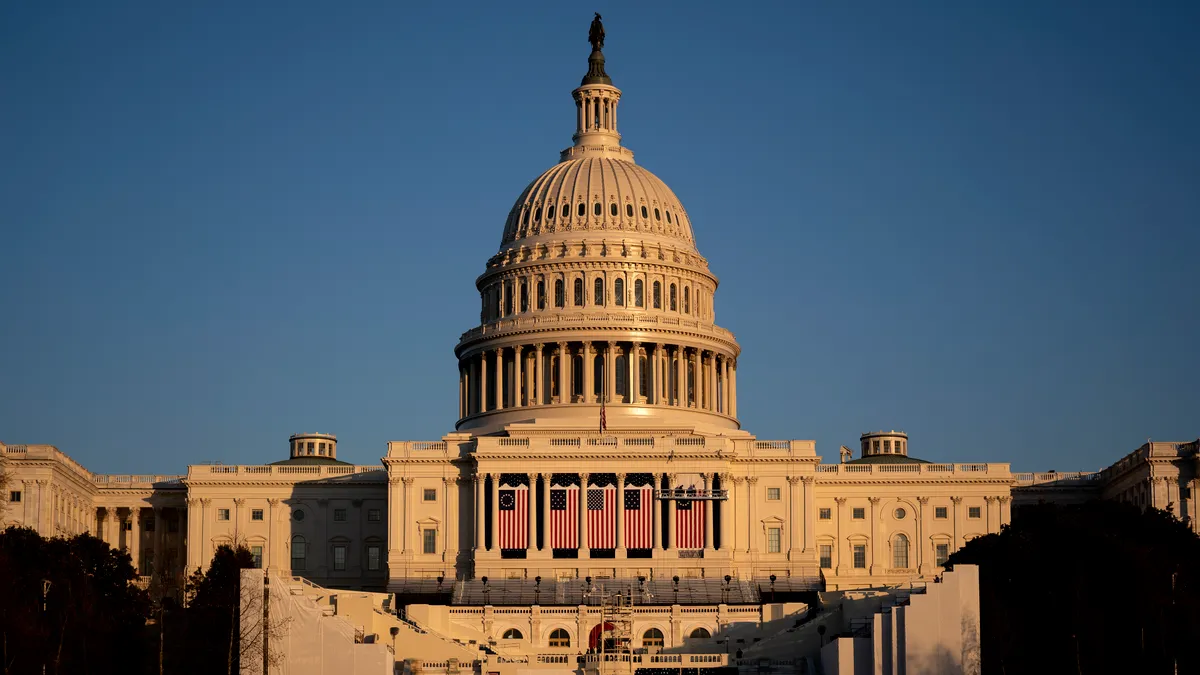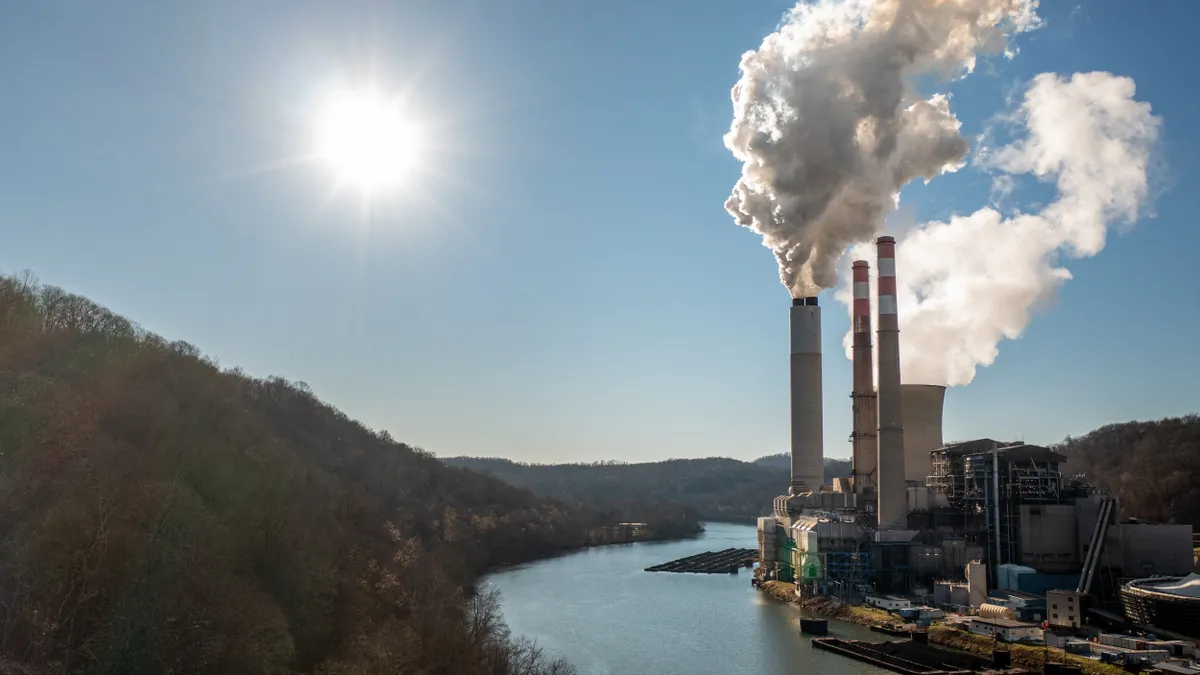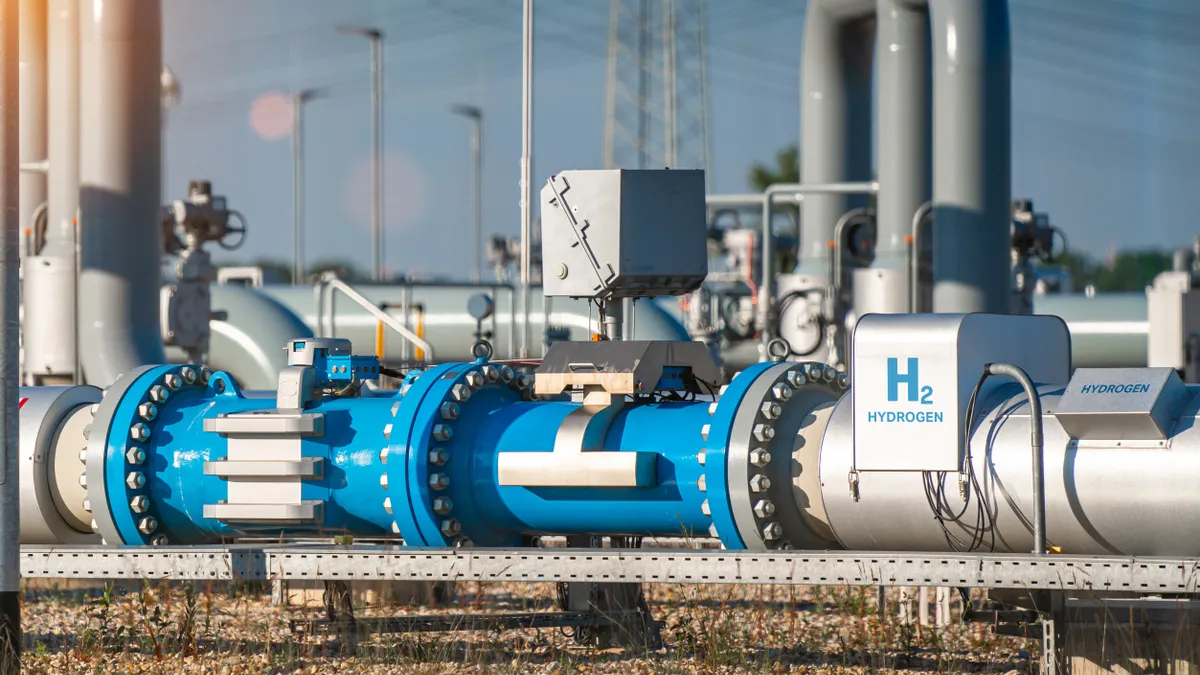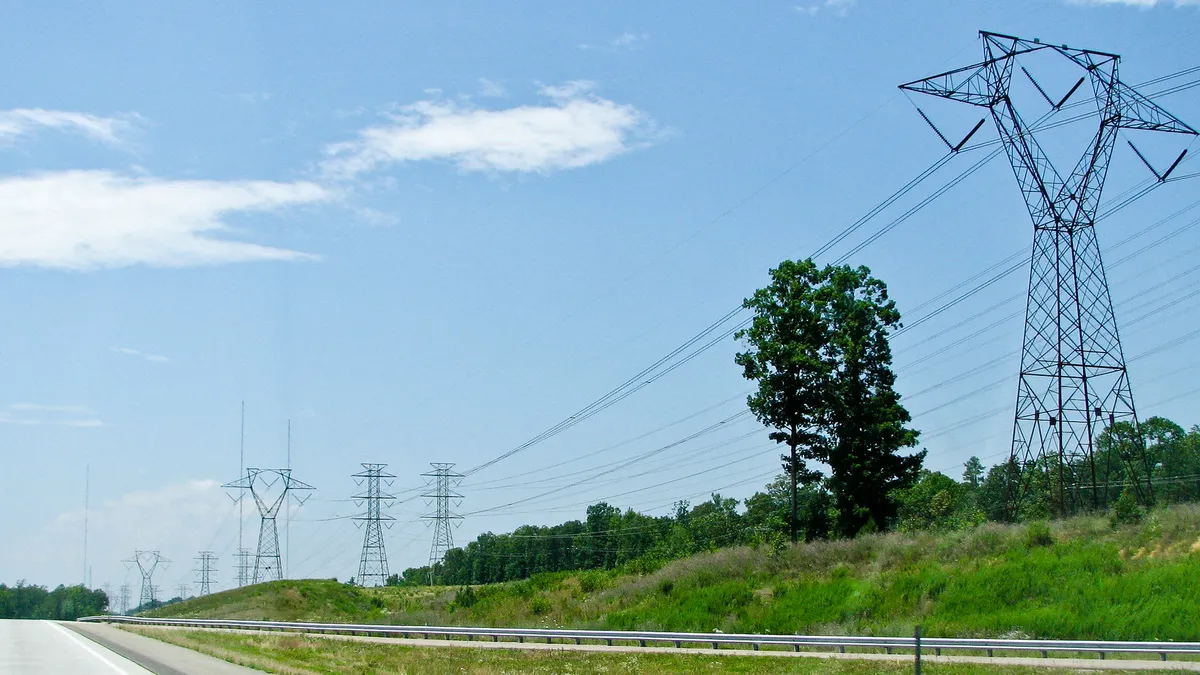Democrats are fresh off a big clean energy policy win, leveraging control of Congress to pass the Inflation Reduction Act and its $369 billion in incentives for renewables, energy storage, electric vehicles and more. But with most political odds makers expecting Republicans to retake the House in next month’s midterms, and some seeing chances for the Senate as well, there is now speculation that Republicans may attempt to weaken the landmark law.
While repealing the Inflation Reduction Act may not be possible, there are ways Republicans could mute its potential impacts, experts said Thursday in a discussion about the upcoming federal elections and their impacts on the energy sector, hosted by S&P Global Intelligence.
“There's actually little that can be done to claw back the funding. ... The money has largely left Congress' purview,” said Tom Hassenboehler, a partner at the climate think tank Coefficient Group. But if Republicans retake the House, “there's going to be an immediate shift towards investigations and oversight.”
Republicans will see opportunities to investigate the “unprecedented” funding at the U.S. Department of Energy, Bureau of Land Management and Environmental Protection Agency, he said, which could shift the tone in the White House.
In a divided government scenario, the Biden administration would be less likely to push ambitious policy proposals, Hassenboehler said. It also opens the door for Republicans to play a larger role in influencing the “regulatory reform and market reform opportunities necessary in executing some of these programs,” he said.
Should Republicans retake the Senate, that could impact the makeup of the Federal Energy Regulatory Commission, said Ari Peskoe, director of Harvard Law School's Electricity Law Initiative.
FERC Chairman Richard Glick’s term “technically ran out in June,” Peskoe noted. The Democrat was nominated by President Donald Trump and Biden has indicated he plans to renominate him. Republican Commissioner James Danly, also nominated by Trump, will see his term end in June, while Commissioner Allison Clements, a Democrat, is slated to serve until June 2024.
Glick has opposed minimum offer price rules during his tenure, saying they interfere with state energy policies, has pressed for transmission reform and has worked to open wholesale markets to distributed energy resources.
“If the Senate is in Republican control, that might be the end, potentially the end, of Richard Glick at FERC,” Peskoe said.
For Clements and Danly, it is possible a deal could be struck in the Senate for both to continue at the commission.
“If there's Republican control, it certainly complicates Clements’ path forward,” said Peskoe. “If there's Democratic control, that could potentially complicate Danly's path forward. Sometimes what happens here is that the Senate agrees to sort of pair them together. Even though they're a year apart, they could potentially come to some sort of deal here.”
One possibility for new energy legislation, regardless of who controls Congress, is on permitting reform. “There's clearly some consensus or bipartisan movement,” said Nathan Richardson, a professor of law at Jacksonville University.
Sen. Joe Manchin, D-W.Va., proposed an energy permitting reform bill that would have given FERC more leeway to approve transmission projects, but he was forced by Republicans to withdraw the measure. There are other proposals, however, and experts see room for negotiation.
“I wouldn't totally eliminate the possibility that they'll try again in this Congress, after the election, potentially,” Peskoe said. “I think [permitting reform] is still on the table. What could a bipartisan deal look like if it happens in the next Congress? That's hard to say.”
But major new regulatory statutes are unlikely, Richardson said.
“We haven’t had a significant environmental, regulatory statute since the 1990 amendments to the Clean Air Act. And I don't see a way for that to change, absent bigger political change in the country. ... Which means that that the power to do regulation and decide what regulation is okay or not, is in the hands of 1970s Congress as interpreted by today's Supreme Court.”
What does all this mean for the Inflation Reduction Act and the billions being sent to states to fund clean energy?
“It's going to be really critical for people who are supporting these programs to connect the dots to the funding and the tax credits,” Hassenboehler said. “If there is a full sweep of Republicans in 2024,” and the energy programs are popular with voters, “they may not be the top agenda item for Republicans to go after.”























